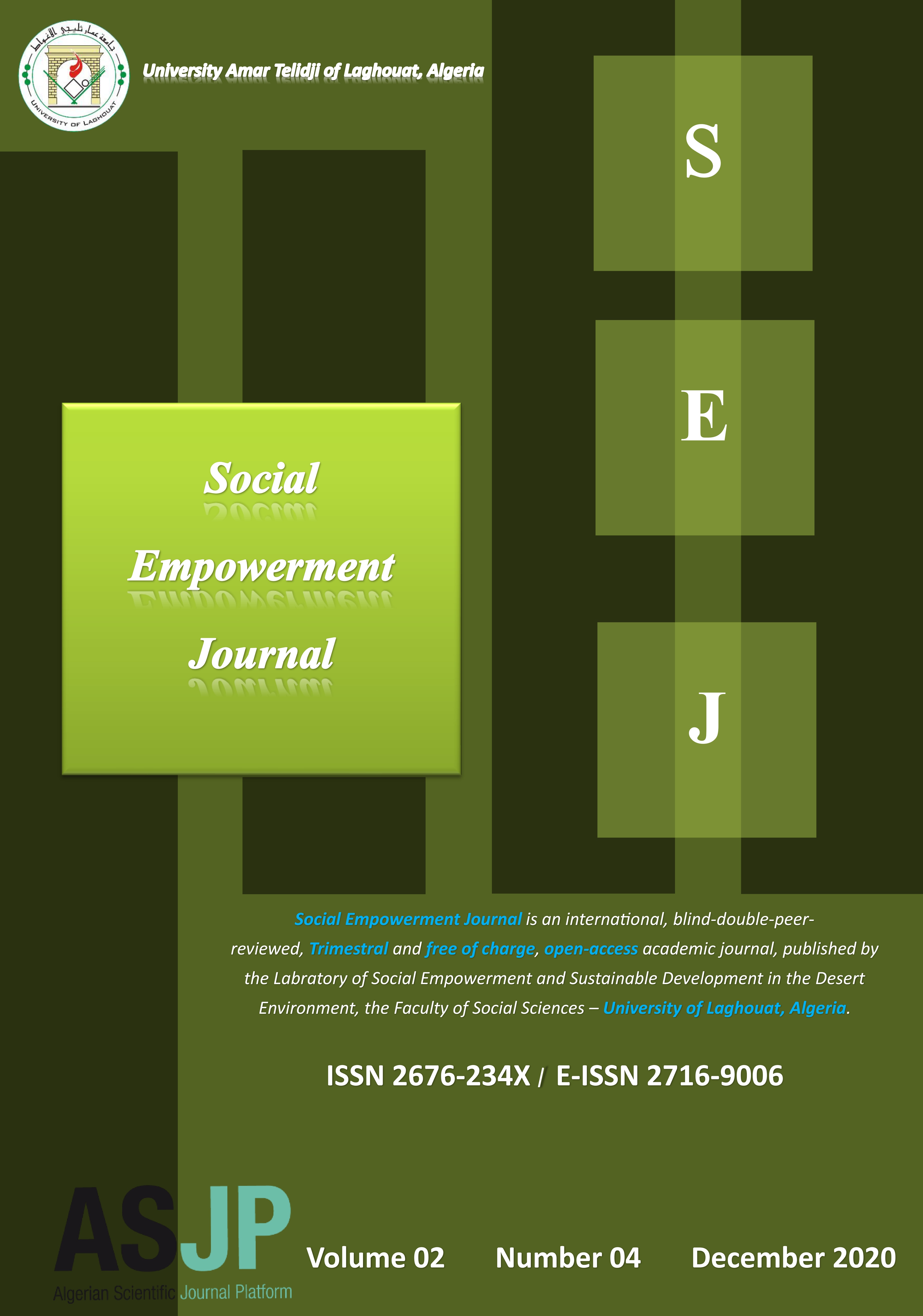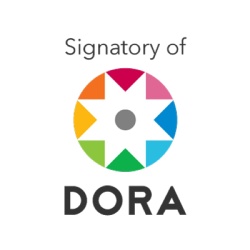التعليم الإلكتروني... آلية معاصرة نحو تفعيل العملية التعليمية
التعليم الإلكتروني... آلية معاصرة نحو تفعيل العملية التعليمية
الملخص
يعالج هذا المقال موضوع التعليم الإلكتروني كآلية معاصرة نحو تفعيل العملية التعليمية، وأهمية هذا النوع من التعليم على جميع مراحل التعليم، وهدف هذا المقال للتعرف على ماهية التعليم الإلكتروني ومخرجاته، والبحث في أطراف العملية التعليمية في التعليم الإلكتروني، وما السياقات والمحددات في ذلك، إضافة إلى قياس فاعلية التعليم الإلكتروني في العملية التعليمية ومعايير الجودة في ذلك، كما تطرق المقال إلى نماذج عالمية في التعليم الإلكتروني عالميا وعربيا.
التنزيلات
المراجع
- Arabic references in English:
Al-Hamdi, K. H. (2010). Guidelines and Standards for Quality in E-Learning. Mansoura University Journal, Egypt. Journal of e-learning, Mansoura University, issue: 05.
Al-Harbi, A. B. A. (2012). Proposed Standards for Measuring the Quality of E-Learning in Saudi Universities. Journal of educational technology. Arab society for educational technology.
Azahi, H. (2012). E-Learning in Algerian Universities: Manifestation Components and Implementation Obstacles, [Master's thesis, Department of Library Science, Faculty of Humanities and Social Sciences, Mentouri University, Constantine].
Al-Abadi, A. W. H., & Abdul Aziz, B. H. H. (2014). Obstacles to Implementing E-Learning: An Analytical Study at Hadbaa College, University of Mosul. Rafidain Development Journal.
Al-Anzi, S. B. M., & Al-Allah, M. A. H. (2016). Developing E-Learning at Al-Jouf University in Light of International Quality Standards. Journal of Educational Sciences.
Barghouti, T., & Masoudi, L. (2016, December 20). The National Forum of the Generation Research Centre on Modern Educational Technologies Organized by the Algerian National Library. Retrieved from Generation Research Centre: https://jilrc.com/.
Belbaki, J. (2015). E-Learning in the Context of Current Transformations and Future Challenges: The International Conference on Education and Development Issues in the Gulf Society, Kuwait University. Retrieved from Generation Research Centre: https://jilrc.com.
Ibn Rayhan, M. B., & Al-Masah, B. S. (2019). E-Learning: Utilization, Uses, Characteristics, Applications, and Obstacles. Comprehensive Multidisciplinary Electronic Journal.
Ibn Ali, R. (2011). E-Learning from the Perspective of University Professors: An Exploratory Study at Batna University. Special Issue on Computer and Information Technology in Higher Education, Journal of Humanities and Social Sciences, University of Kasdi Merbah Ouargla.
Hayek, H. (2014). Quality Standards for E-Learning. Retrieved from Naseej Academy: https://n9.cl/w17e7 .
Khamra, T., & Khamra, B. (2011). E-Learning in Higher Education: Motives and Obstacles. Special Issue on Computer and Information Technology in Higher Education, Journal of Humanities and Social Sciences, University of Kasdi Merbah Ouargla.
Abdul Latif, A. M. (W D). E-Learning: An Effective Means of Improving Higher Education. Retrieved from University of Babylon: https://n9.cl/2z5bu
Qashmar, A. L. A. D. (2017). Requirements of E-Learning in the University Educational Process. Journal of Generation of Humanities and Social Sciences, Lebanon.
Mohamed, A. R. M. (2012). Utilizing E-Learning to Achieve Quality Standards in the Educational Process. Arab Journal for Quality Assurance in Higher Education.
Boufateh, M., & Al-Eidi, A. (2018). Backgrounds of E-Learning in Higher Education: University of Agouat as a Model. Research Journal of Humanities and Social Sciences, University of Kasdi Merbah Ouargla.
Al-Eidi, M., & Al-Eidi, A. (2019). Curriculum Design in E-Learning and its Pedagogical Applications at Algerian Universities: An Analytical Study. Pedagogy Journal, Volume 1, Issue 1, University of Msila.
Education and Training Encyclopedia. (2018). Experiences from Around the World in the Field of E-Learning. Retrieved from Education and Training Encyclopedia: https://n9.cl/lrosm .
Jordanian Life. (2016). What is the Role of the Learner in E-Learning? Retrieved from Jordanian Life website: http://lifejordan.com.

هذا العمل مرخص حسب الرخصة Creative Commons Attribution-NonCommercial 4.0 International License.









